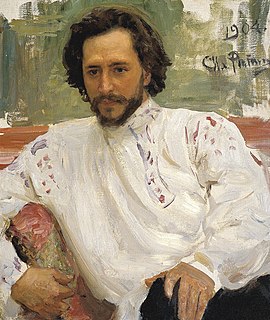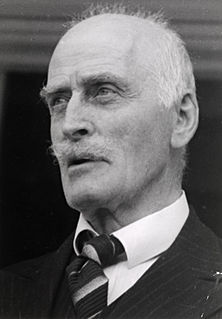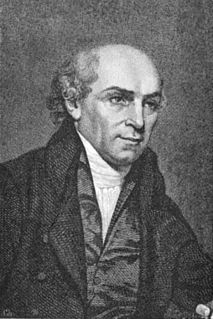A Quote by Albert Camus
Where would his torture be, indeed, if at every step the hope of succeeding upheld him?
Quote Topics
Related Quotes
Mr. Buckley, let me explain it this way. And I'll do so very carefully & slowly so that even you will understand it. If I was the sheriff, I would not have arrested him. If I was on the grand jury, I would not have indicted him. If I was the judge, I would not try him. If I was the D.A., I would not prosecute him. If I was on the trial jury, I would vote to give him a key to the city, a plaque to hang on his wall, & I would send him home to his family. And, Mr. Buckley, if my daughter is ever raped, I hope I have the guts to do what he did.
A truly humble man is sensible of his natural distance from God; of his dependence on Him; of the insufficiency of his own power and wisdom; and that it is by God's power that he is upheld and provided for, and that he needs God's wisdom to lead and guide him, and His might to enable him to do what he ought to do for Him.
Born, the Man assumes the name and image of humanity, and becomes in all things like unto other men who dwell upon the earth. Their hard lot becomes his, and his, in turn, becomes the lot of all who shall come after him. Drawn on inexorably by time, it is not given him to see the next rung on which his faltering foot shall fall. Bounded in knowledge, it is not given him to foretell what each succeeding hour, what each succeeding minute, shall have in store for him. In blind nescience, in an agony of foreboding, in a whirl of hopes and fears, he completes the cycle of an iron destiny.
Were I to go down into the market-place, armed with the powers of witchcraft, and take a peasant by the shoulders and whisper to him, 'In your lifetime, have you known peace?' wait for his answer, shake his shoulders and transform him into his father, and ask him the same question, and transform him in his turn to his father, I would never hear the word 'Yes,' if I carried my questioning of the dead back for a thousand years. I would always hear, 'No, there was fear, there were our enemies without, our rulers within, there was prison, there was torture, there was violent death.
The intelligent poor individual was a much finer observer than the intelligent rich one. The poor individual looks around him at every step, listens suspiciously to every word he hears from the people he meets; thus, every step he takes presents a problem, a task, for his thoughts and feelings. He is alert and sensitive, he is experienced, his soul has been burned.
When I left England, my hope of India's conversion was very strong; but amongst so many obstacles, it would die, unless upheld by God. Well, I have God, and His Word is true. Though the superstitions of the heathen were a thousand times stronger than they are, and the example of the Europeans a thousand times worse; though I were deserted by all and persecuted by all, yet my faith, fixed on the sure Word, would rise above all obstructions and overcome every trial. God's cause will triumph. (William Carey, quoted in Iain Murray, The Puritan Hope, Banner of Truth 1971, p 140.)
Dantes passed through all the stages of torture natural to prisoners in suspense. He was sustained at first by that pride of conscious innocence which is the sequence to hope; then he began to doubt his own innocence, which justified in some measure the governor's belief in his mental alienation; and then, relaxing his sentiment of pride, he addressed his supplications, not to God, but to man. God is always the last resource. Unfortunates, who ought to begin with God, do not have any hope in him till they have exhausted all other means of deliverance.
In short, I didn't become a Christian because God promised I would have an even happier life than I had as an atheist. He never promised any such thing. Indeed, following him would inevitably bring divine demotions in the eyes of the world. Rather, I became a Christian because the evidence was so compelling that Jesus really is the one-and-only Son of God who proved his divinity by rising from the dead. That meant following him was the most rational and logical step I could possibly take.
A man follows the path laid out for him. He does his duty to God and his King. He does what he must do, not what pleases him. God's truth, boy, what kind of world would this be if every man did what pleased him alone? Who would plough the fields and reap the harvest, if every man had the right to say, 'I don't want to do that.' In this world there is a place for every man, but every man must know his place.









































